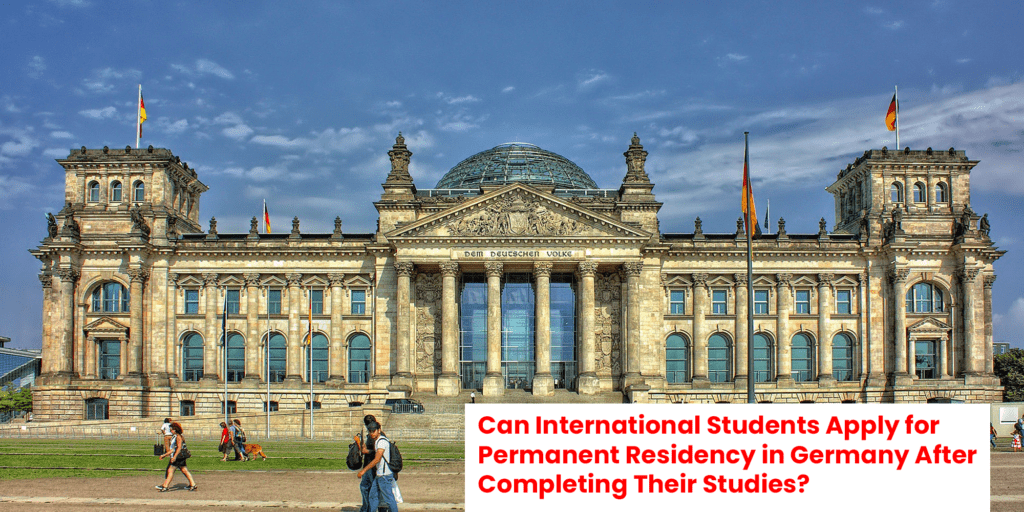Germany’s reputation as an academic powerhouse is not only enticing for its exceptional education but also for the opportunities it presents to international students post-graduation. One of the most pressing questions for those considering studying in Germany is whether they can apply for permanent residency after completing their studies. Let’s delve into this crucial aspect, unraveling the process and requirements.
Understanding the Basics
Before exploring the process, it’s essential to comprehend the fundamentals. Germany offers pathways for international students to transition from a student visa to a more permanent status, notably through a residence permit for job seekers.
The Transition Period
Upon completing your studies, Germany provides a transition period for you to search for employment. This period typically lasts for 18 months for graduates of German universities and 6 months for graduates of foreign universities. During this time, you can work without restrictions, and if you secure a job in line with your qualifications, you can proceed to apply for a residence permit for employment.
Steps to Permanent Residency
1. Securing Employment:
The first and foremost step is finding a job that aligns with your qualifications. This could be a crucial factor in the subsequent stages of your application.
2. Job Seeker Visa:
Before your student visa expires, you can apply for a Job Seeker Visa. This allows you to stay in Germany for up to 18 months to search for a job. During this period, you have the flexibility to work part-time or full-time.
3. Employment Contract:
Upon securing employment, you will need a signed employment contract. This document plays a pivotal role in your application for a residence permit for employment.
4. Residence Permit for Employment:
With a valid job offer, you can apply for a residence permit for employment. This permit allows you to live and work in Germany, marking a significant step toward permanent residency.
5. Blue Card EU:
For highly qualified non-EU nationals, the Blue Card EU is an expedited route. If your employment meets the criteria, this card facilitates faster access to permanent residency.
6. Permanent Residency Application:
After residing in Germany for several years under the employment residence permit or Blue Card EU, you become eligible to apply for permanent residency. The duration varies, but it’s generally after 21 to 33 months of continuous legal residence.
7. Integration Course:
Some states in Germany require applicants to complete an integration course as part of the permanent residency application process. This course covers German language and culture.
Key Requirements
- Sustainable Employment: Your job should be in line with your qualifications and offer long-term prospects.
- Sufficient Income: You must demonstrate that you have the financial means to support yourself without relying on public funds.
- Social Security Contributions: Contributing to the German social security system is often a prerequisite for permanent residency.
- Continuous Legal Residence: Maintaining continuous legal residence in Germany is essential throughout the application process.
Germany’s commitment to attracting and retaining international talent is evident in the streamlined process for transitioning from student to permanent resident. By securing employment, navigating the residency permit stages, and meeting key requirements, international students can indeed apply for permanent residency in this thriving European nation.
Also read: – Top Courses and Universities for Study in Germany After 12th
